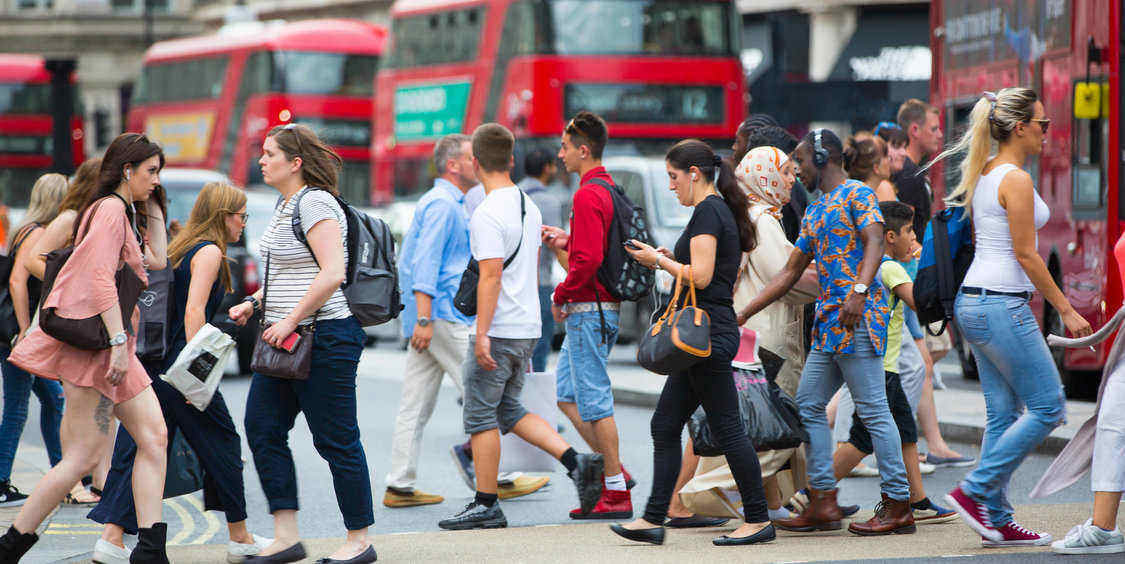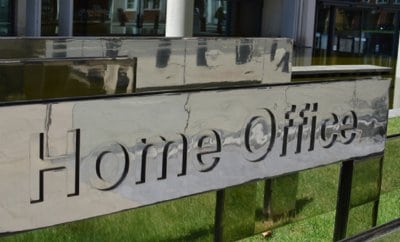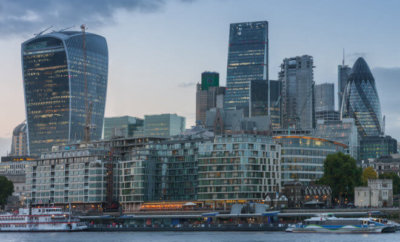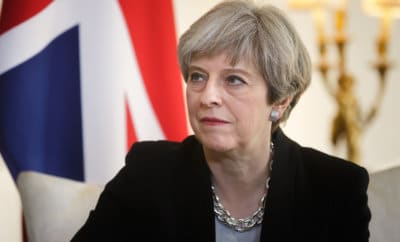Life
United Kingdom’s Racial Disparity Audit Reveals Stark Inequalities

Representational Image
Bigstock
About a fifth of Asian people live under “persistent poverty” in UK, the audit commissioned by Prime Minister Theresa May showed.
People of color and different ethnicities face a high level of disadvantages, a Racial Disparity Audit report released by the Theresa May government on Oct. 10 shows. The audit was commissioned by British Prime Minister Theresa May in August last year to study racial disparities in the society.
The report drew correlation between poverty and ethnicity, and showed that close to a fifth of Asian people live under “persistent poverty” as compared to a 10th of white British people falling in the category. Persistent poverty is when the income is low for this year and two of three previous years. Around 30 per cent of Pakistani and Bangladeshi people live in the poorest 10 per cent of neighborhoods. It also found that whites are more likely than black Britons to own homes and to be employed.
Indian origin adults reported the highest average ratings for “happiness” and “the feeling that things they do in life are worthwhile”. British whites, however, are lukewarm, with a position in the middle.
White candidates were also more likely to be appointed out of the shortlisted applicants for the National Health Service. As for being shortlisted in the first place, 18 per cent of whites were picked as compared to 11 per cent of ethnic minorities. While one in 10 Army personnel are from an ethnic minority background, the figure is miniscule in the Royal Air Force, with one in 50.
The average length of a prison sentence also shows a skew — Black and Asians receive 23 to 24 months on average while whites get 18 months for the same offence. Black men are also three times more likely than white men to be arrested, with approximately 44 in 10,000 black men arrested as compared to the corresponding figure of 15 for white people. They are also six times more likely to be stopped and searched by the police than white people.
A substantial number of adults in all ethnic groups “felt they belonged to Britain”, according to the report. As for language, Polish is the most spoken language after English, with 1 per cent speakers. Punjabi and Urdu follow Polish.
The audit has received a fair share of backlash from activists, with even Munira Mirza, the former London deputy mayor, calling the government’s approach “crude and tendentious” that could “harm the very communities they are aspiring to help”. In an open letter to The Times, Mirza and other signatories say: “All too often statistics are misused in a way that casts minorities as victims of racism and ‘white privilege’.”
However, Communities Secretary Sajid Javid refuted these arguments against the audit. He said: “I think there will be people out there today taking note of this, whether they are from black, minority ethnic backgrounds or not, and thinking this is exactly the kind of thing they want their government to do.”
First Secretary of State Damian Green’s statement concurred with Javid’s. He said the audit provided an unprecedented degree of transparency into the impact of ethnicity and would “tell us how well we are doing as a society in ensuring that all can thrive and prosper”.
May, while commissioning the study last year, had said: “When I stood on the steps of Downing Street on my first day, I made clear that I believe in a United Kingdom by every definition – and that means the government I lead will stand up for you and your family against injustice and inequality.”



